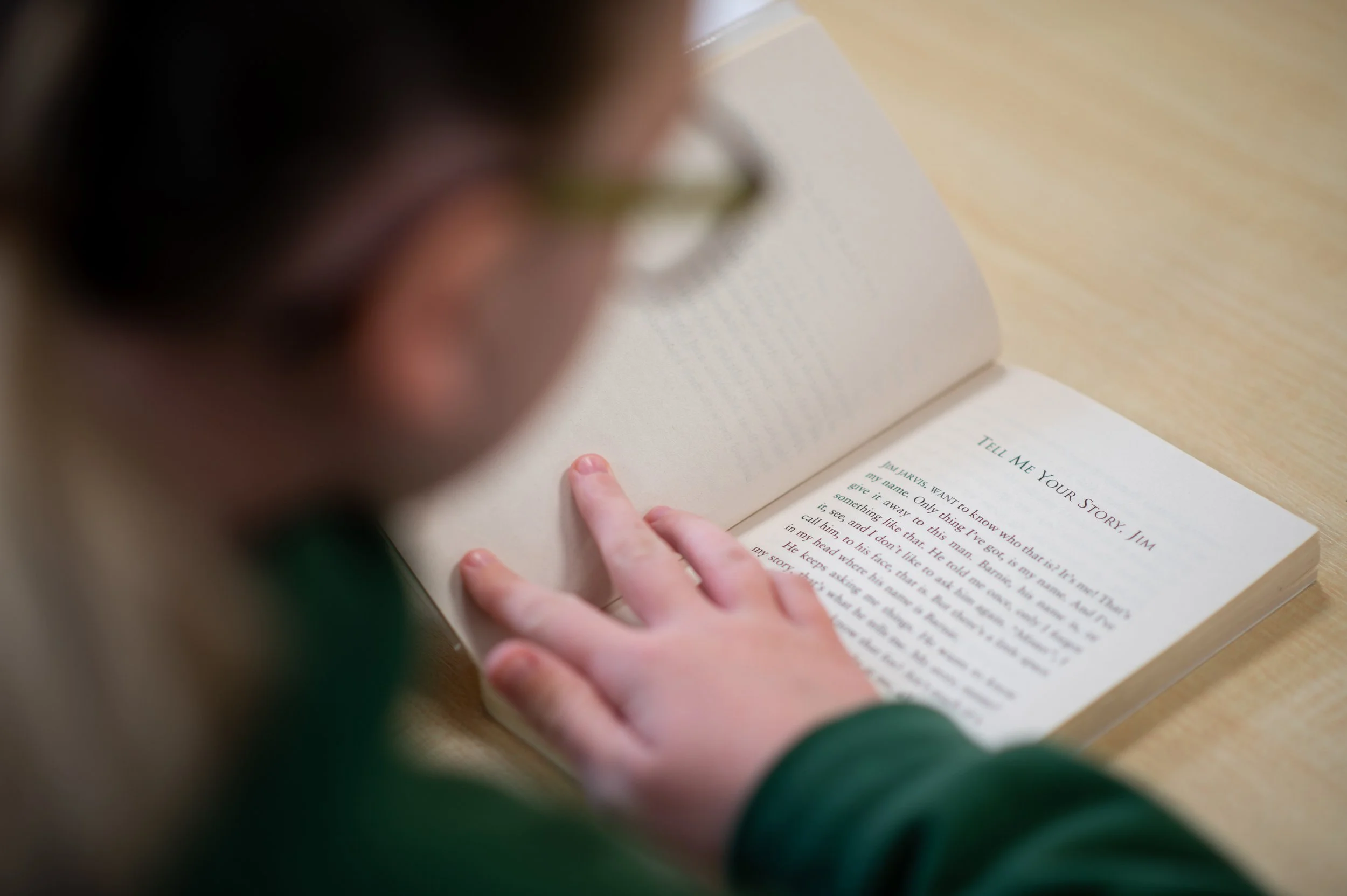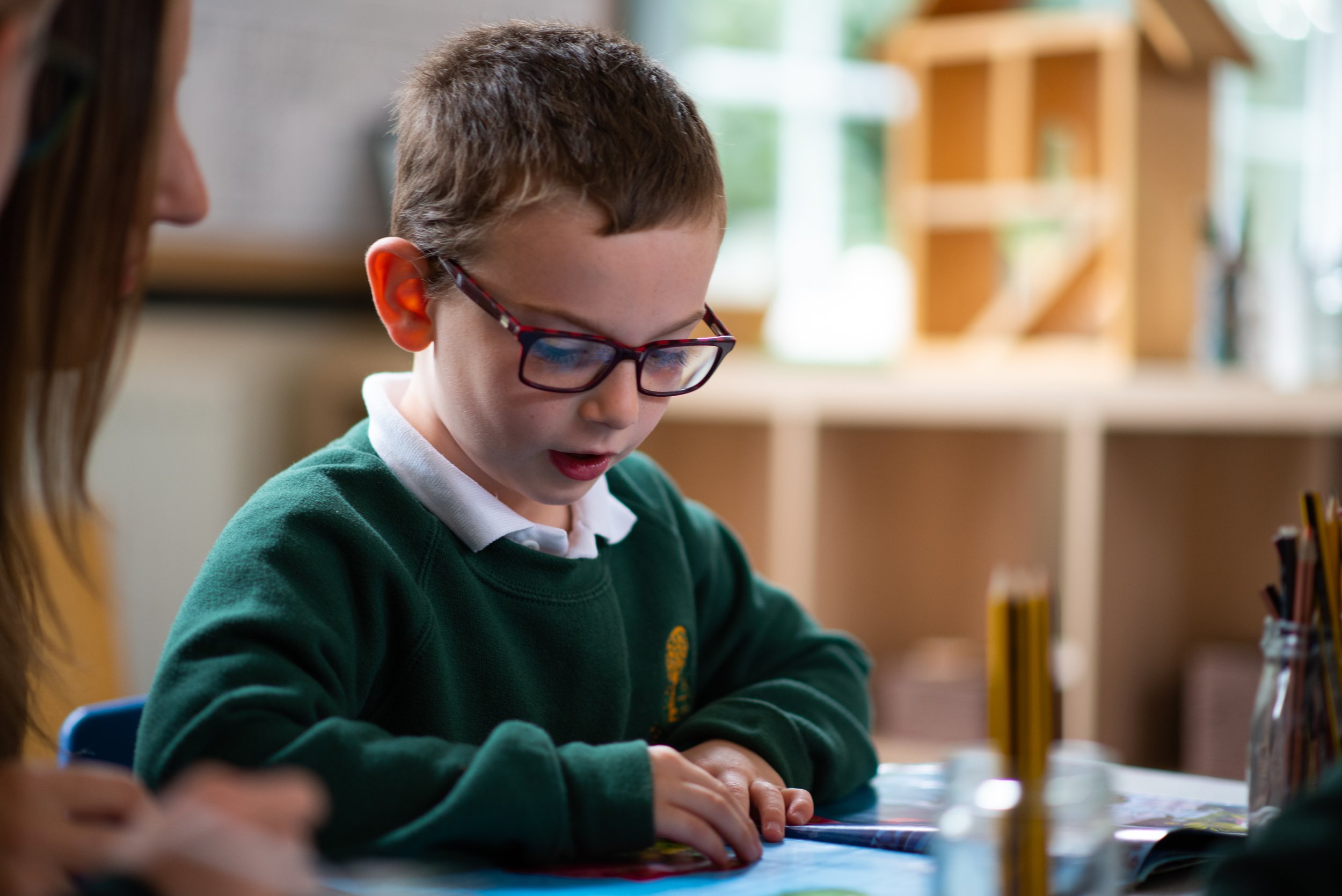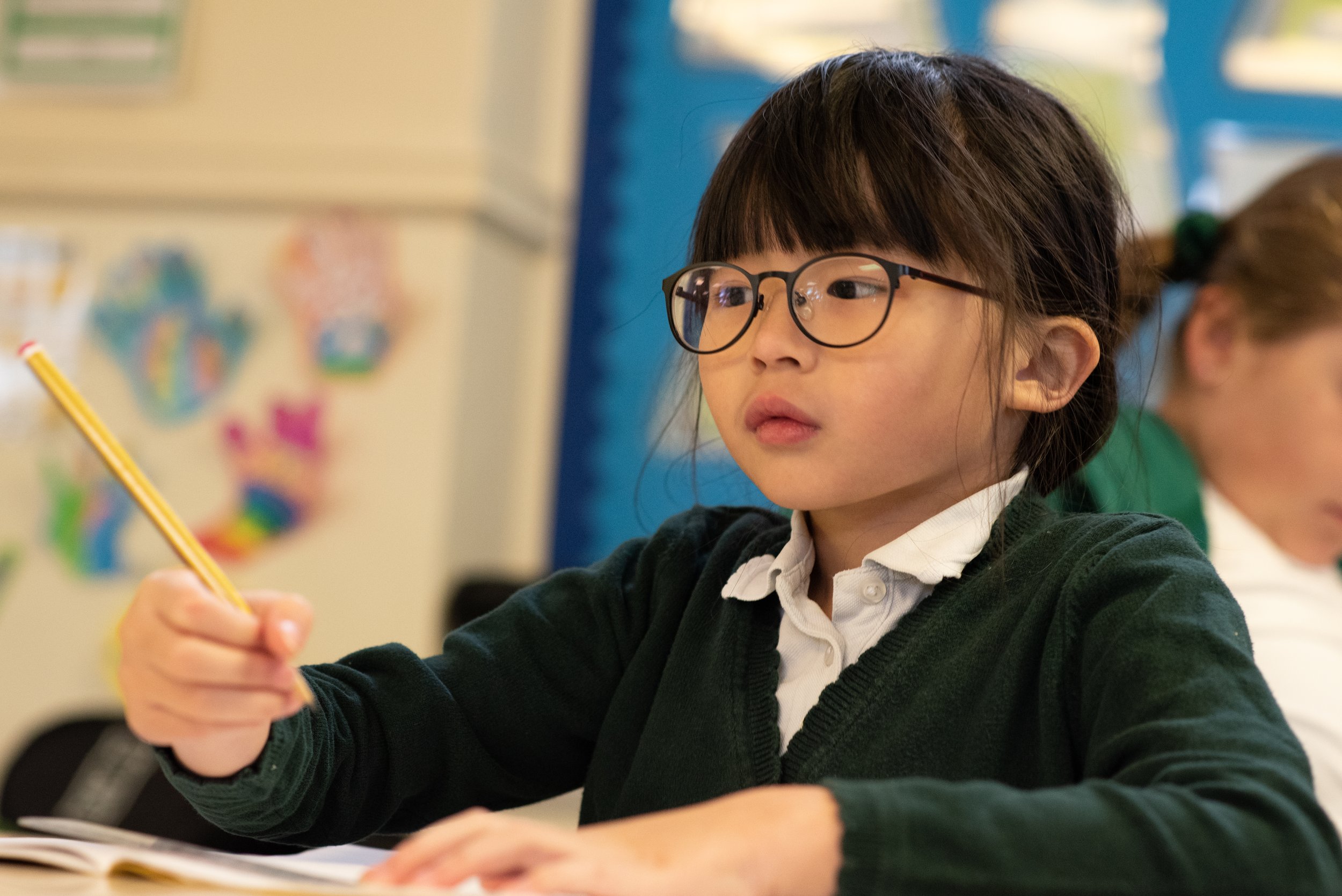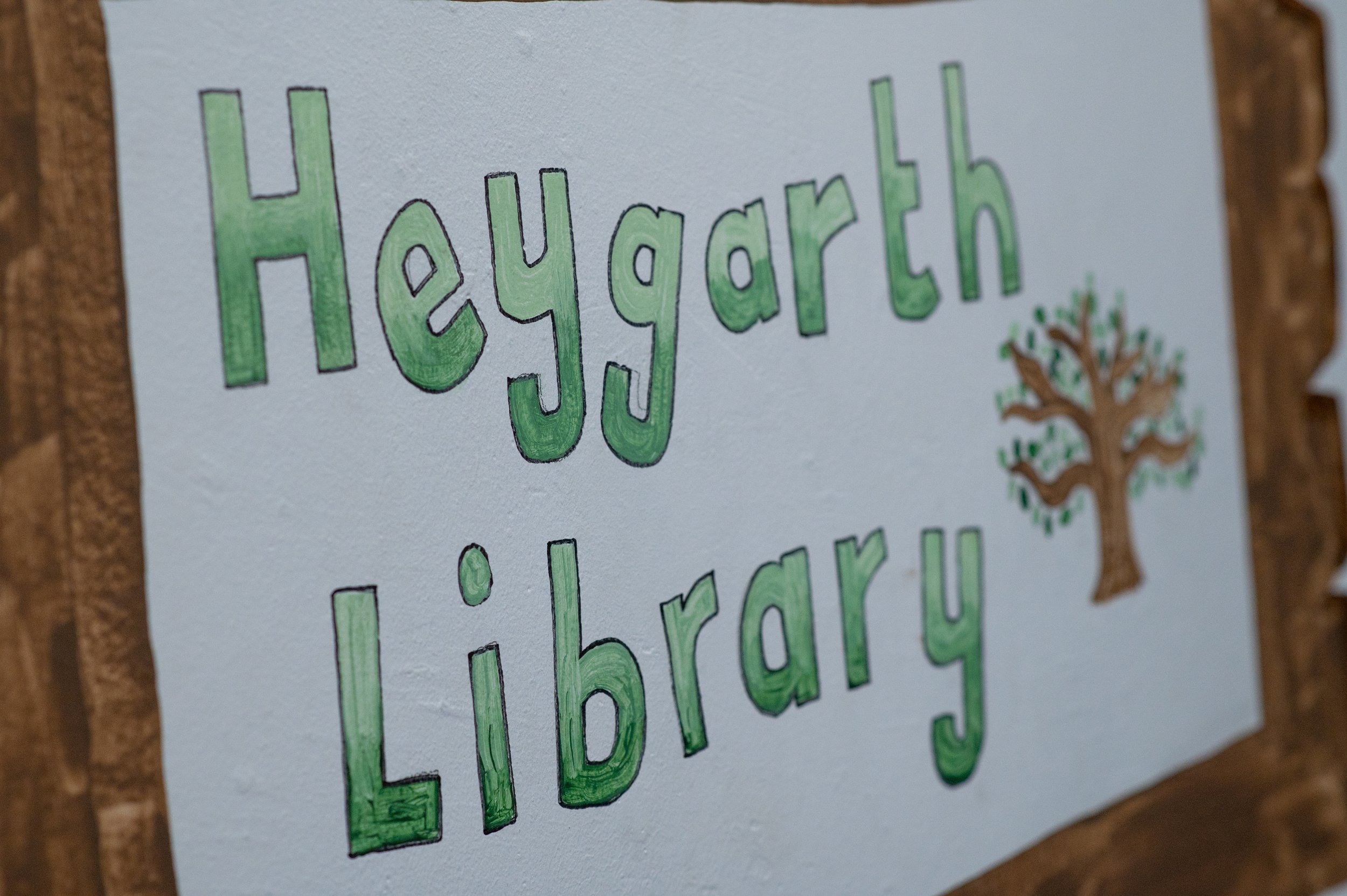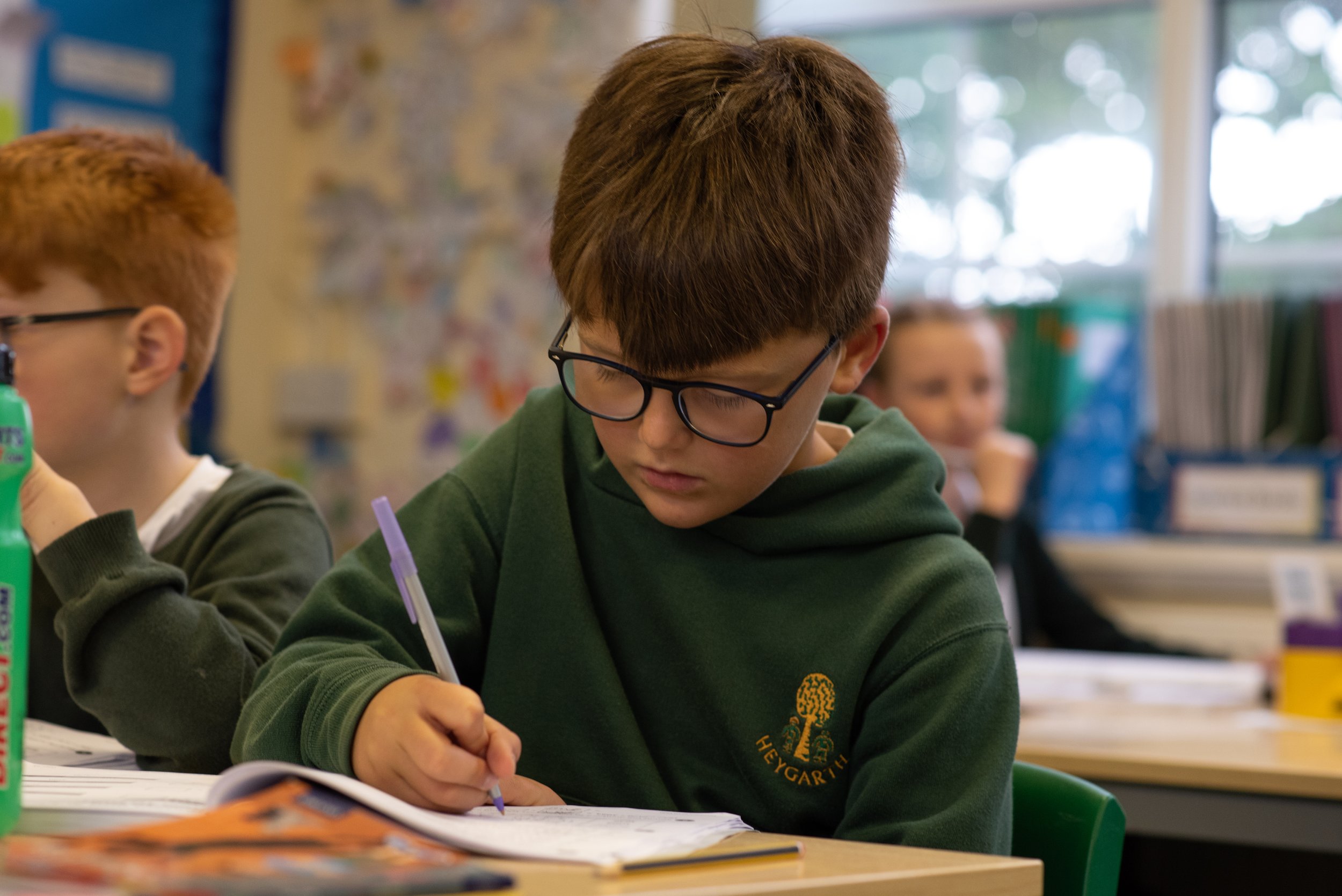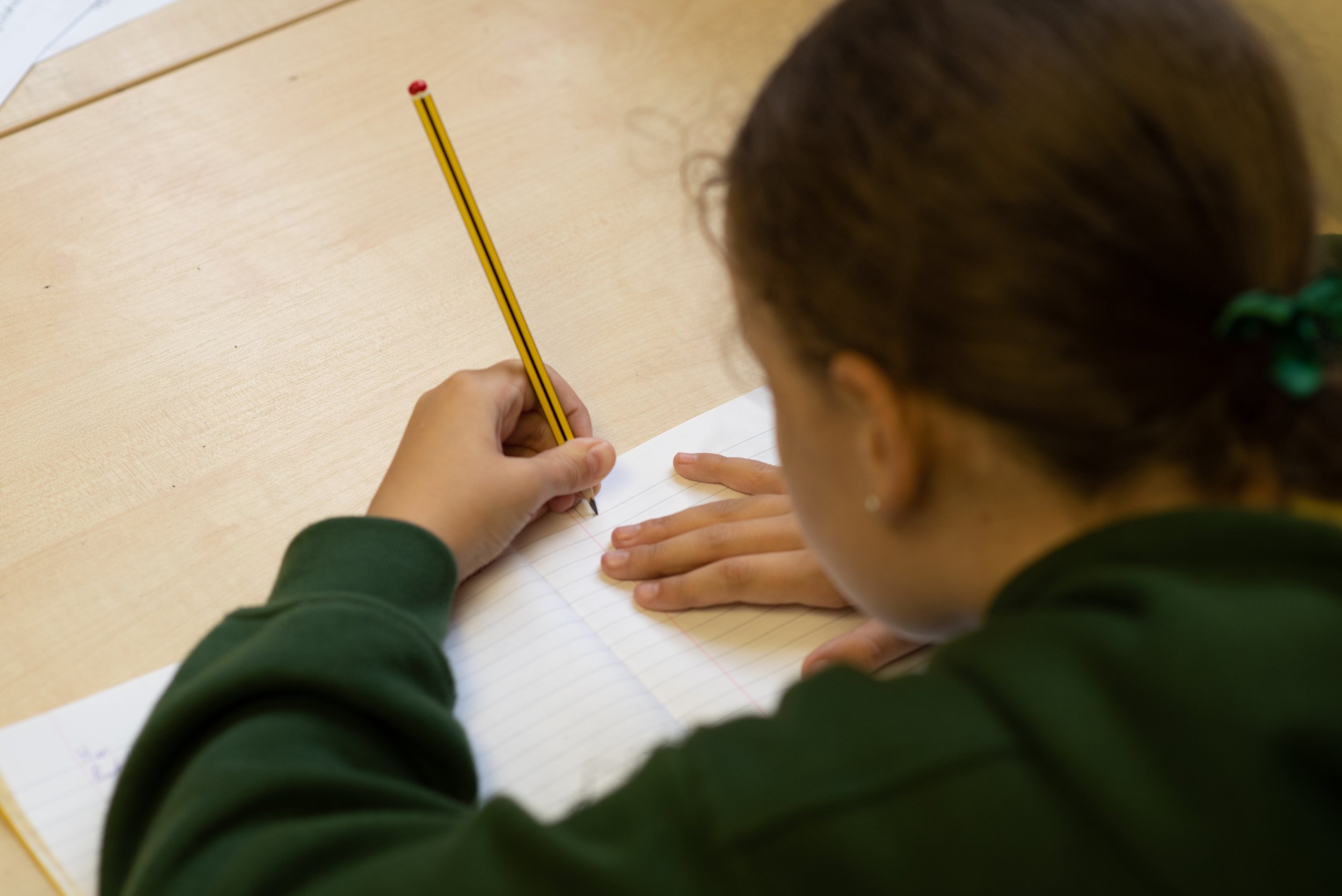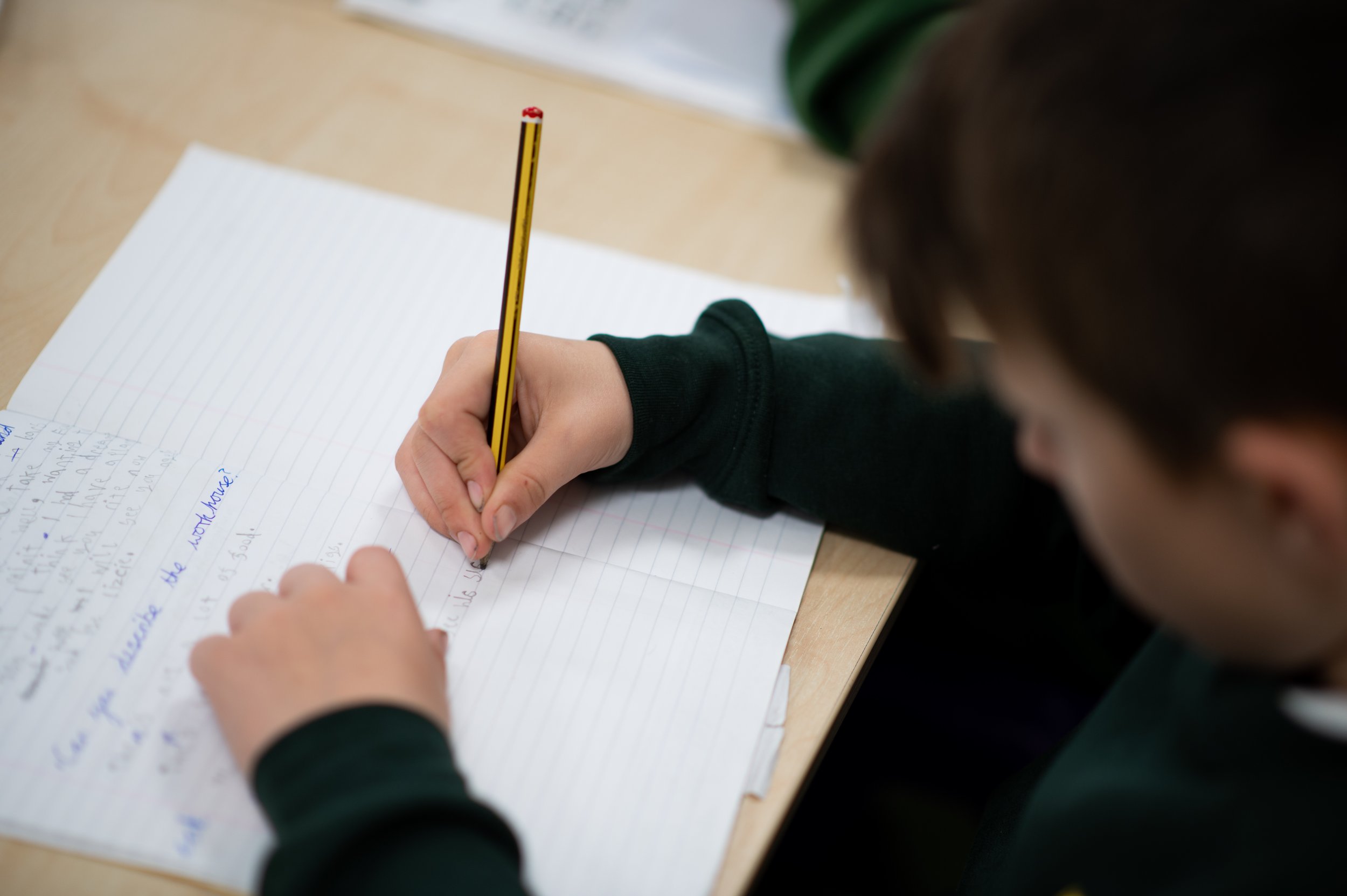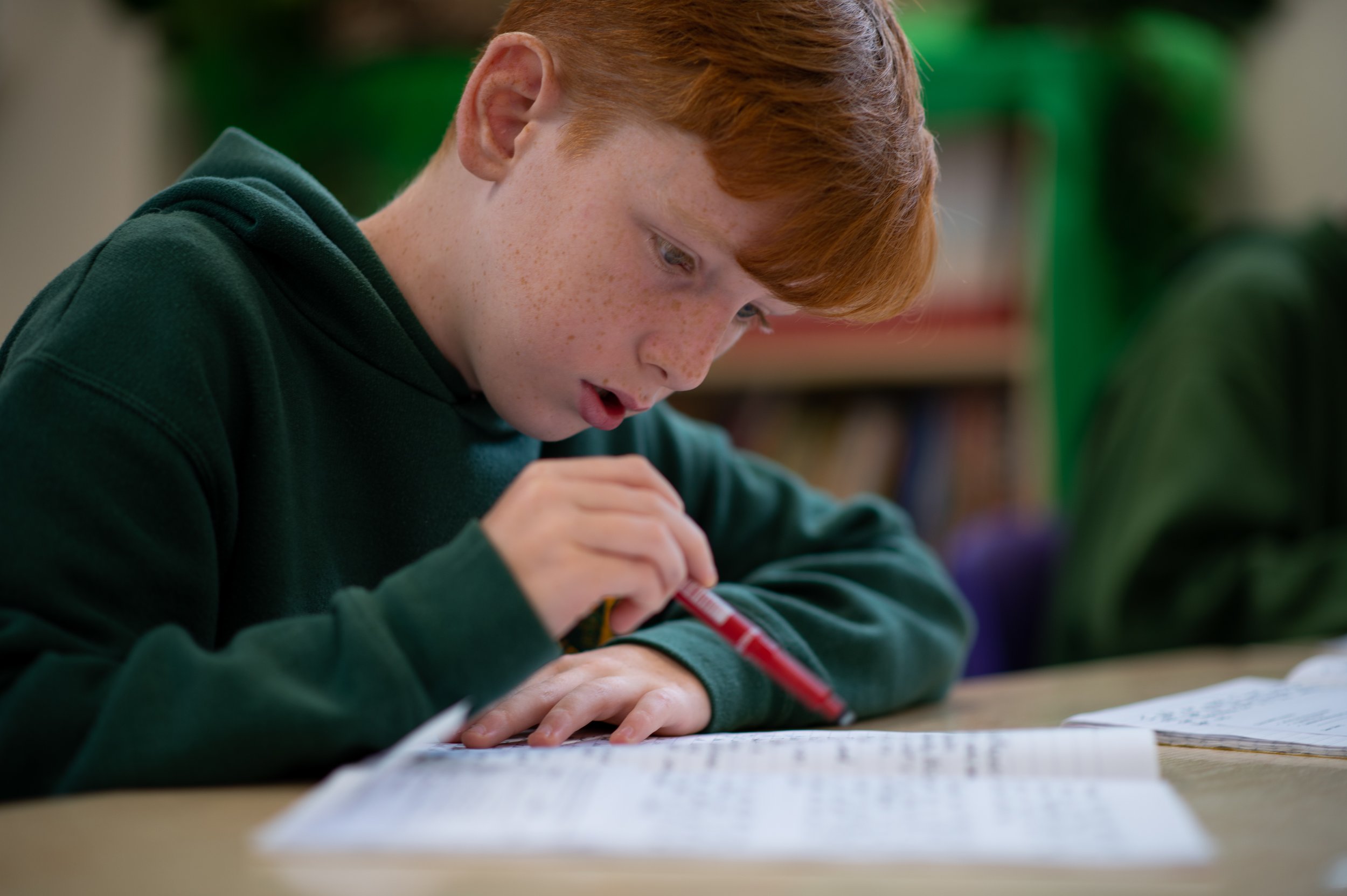English Curriculum
Subject Leader: Mr G Lewis
Vision for English
At Heygarth Primary School, we envision that well developed English skills are at the heart of all we do. Spoken Language, Reading and Writing are skills to be taught and then enhanced and practised through other subject areas.
We believe that Spoken Language is a necessary life skill; to have the ability to both speak and listen well is essential for children to be able to articulate their feelings, opinions, ask questions and listen to the views of others.
We aim to provide our children with a lifelong love of reading, preparing them to read a wide variety of genres and use their reading skills so they are able to access all other areas of learning. We intend that our children are both independent and reflective readers who can read fluently and for meaning.
We aim to provide our children with the writing skills that are needed to enable them to become confident, accomplished and passionate writers by delivering exciting and inspiring opportunities to write for a purpose, ultimately using writing to communicate with others and express themselves.
We prepare our children for life after education, where they can effectively use their English skills to be contributing members to their local and wider communities. The children see the purpose of learning new skills and are able to articulate how English is an integral and necessary part of learning across all other subjects.
Rationale for English
As a school we have chosen Read Write Inc Phonics as it is a complete literacy programme which helps all children learn to read fluently and at speed so they can focus on developing their skills in comprehension, vocabulary and spelling. The programme is designed for children aged 4-7. However, at Heygarth we begin the programme in F1 (if we feel the children are ready) and will continue teaching RWI to children beyond the age of 7 if they still need support in their reading.
At Heygarth Primary School, we put reading at the heart of our curriculum. In KS1 and KS2, our shared whole class texts are linked to the curriculum content the children are learning that half term so that it provides opportunities for over learning and learning that can be linked across the curriculum subjects. We teach reading in our English lessons that aim to immerse the children in the whole class shared text and create opportunities for learning by using the reading content domains of the National Curriculum.
In addition to our English lessons, Heygarth Primary School also has guided reading sessions that we use a scheme for. The scheme is called ‘Cracking Comprehension’ by Rising Stars. We decided to use this scheme as the main spine for our guided reading sessions as Cracking Comprehension allows staff and children to read, evaluate & answer reading comprehension questions as a class. It has teaching notes for every unit and builds reading comprehension skills through staff modelling by highlighting relevant evidence and forming the answers to questions together. It has relatable with texts from well-loved authors including Dick King-Smith, Michael Morpurgo and William Shakespeare.
At Heygarth Primary School, in KS1 and KS2 we create opportunities for writing through our whole class shared text. To give the staff and children a structure for writing, we use the R.A.F.T. model to support our children. This allows staff to show the children they are writing for a reason, to show consideration for the intended audience of their writing and the features and tone that the children’s writing needs.
We use the National Curriculum and the HfL Writing Teacher Assessment Frameworks (TAFs). This document shows teachers clear progression through Years 1-6 that allows for accurate moderation and breaks down the National Curriculum into Working Towards the Standard (WTS), working at the Expected Standard (EXS) and working at the Greater Depth Standard (GDS) for Years 1-6.
The documents below give an overview of the expectations in English for children within each year group.
Reading & Phonics
A poster showing what two books every child should have in EYFS & KS1.
A poster showing what two books every child should have in KS2.

